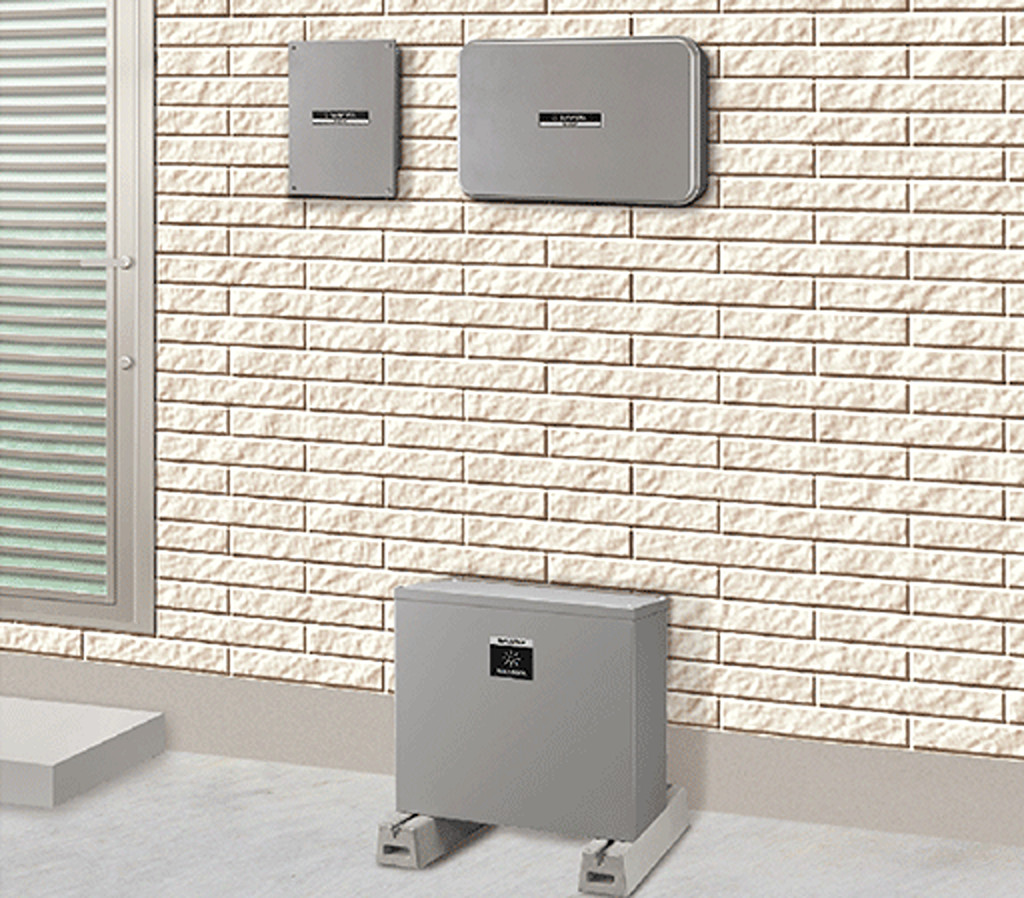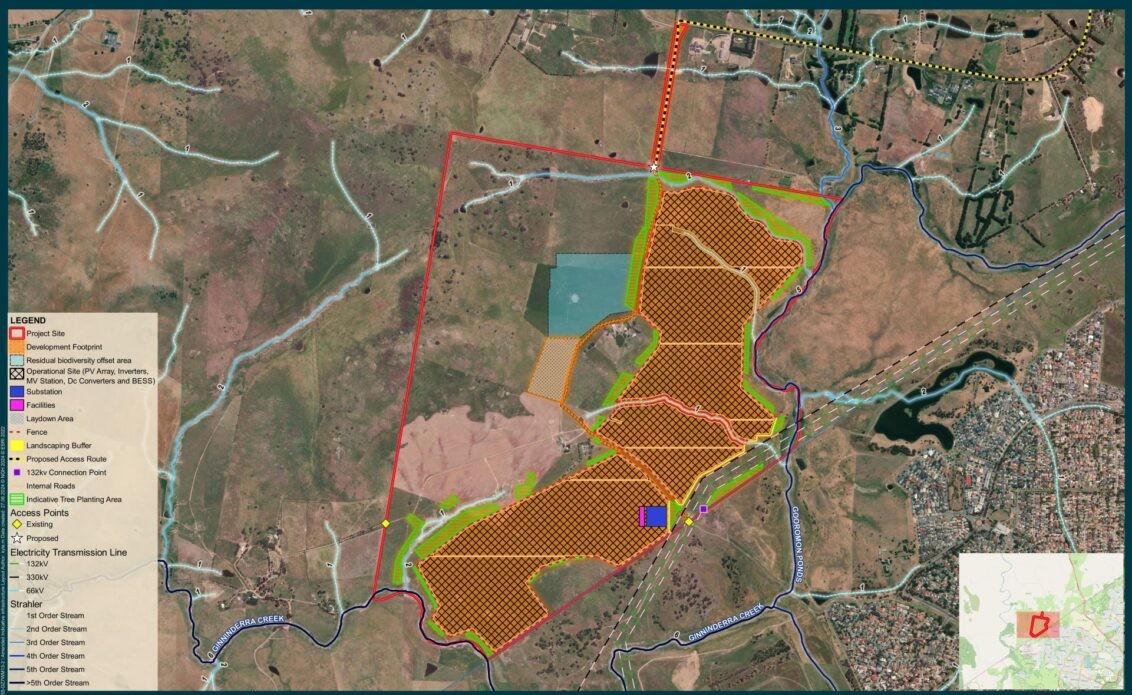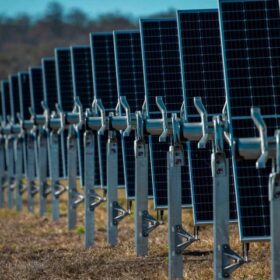Sharp announced this week that Japanese utility Tohoku Electric Power will use Sharp’s residential batteries deployed within its service area to provide demand-side balancing capacity.
The Japanese electronics manufacturer explained that all of the batteries are operated through its cloud-based Home Energy Management System (HEMS) and the Cocoro Energy mobile app, which allows users to manage multiple Sharp home appliances.
“AI will learn each household’s lifestyle patterns and solar power generation status, and efficiently consume the generated electricity, contributing to reducing customers’ electricity bills,” Sharp said in a statement.
“Cocoro Energy will efficiently control power self-consumption under normal circumstances, and during demand-response (DR) control, our company will remotely control the battery on behalf of the customer based on the DR control plan from Tohoku Electric Power, contributing to adjusting the balance of power supply and demand.”
Customers participating in the demand response (DR) program will earn points through Tohoku Electric Power’s Yorisou e-Net program. Under this initiative, accumulated points can be redeemed for local electronic products in the Tohoku and Niigata regions.
“This initiative changes electricity usage patterns without the customer having to operate the equipment themselves,” said Tohoku Electric.
“By remotely controlling the battery mode and charging/discharging, taking into account the balance between electricity consumption and production, we aim to ensure a stable power supply by using batteries to cover power usage during times of power shortage.”
The utility also noted that the points awarded reflect the electricity costs incurred through remote control. However, depending on the type of device and how customers use power, their electricity bills may exceed the value of the points earned.
The company also clarified that remote control of storage batteries assumes a PV system is installed. “Remote control of storage batteries does not significantly affect the number of charge–discharge cycles, so we do not expect substantial battery degradation. However, we cannot guarantee that deterioration will not accelerate,” it added.
Sharp recently upgraded its AI-based Eee Connect system for effective use of PV-generated electricity by linking residential solar power systems, storage batteries, home appliances, and electric vehicles (EVs).
At the beginning of last year, it also unveiled a new EV charger based on V2H technology that facilitates two-way flows between solar-powered homes and electric vehicles.
This content is protected by copyright and may not be reused. If you want to cooperate with us and would like to reuse some of our content, please contact: editors@pv-magazine.com.









By submitting this form you agree to pv magazine using your data for the purposes of publishing your comment.
Your personal data will only be disclosed or otherwise transmitted to third parties for the purposes of spam filtering or if this is necessary for technical maintenance of the website. Any other transfer to third parties will not take place unless this is justified on the basis of applicable data protection regulations or if pv magazine is legally obliged to do so.
You may revoke this consent at any time with effect for the future, in which case your personal data will be deleted immediately. Otherwise, your data will be deleted if pv magazine has processed your request or the purpose of data storage is fulfilled.
Further information on data privacy can be found in our Data Protection Policy.